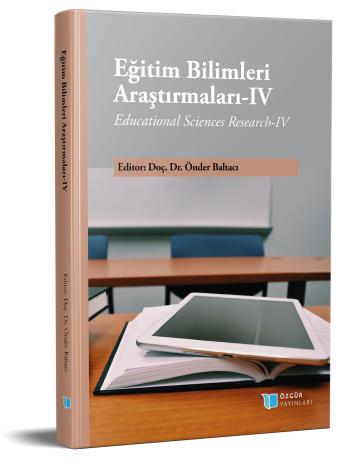
School Psychological Counselors Perspectives on Occupational Ethic Codes
Chapter from the book:
Baltacı,
Ö.
(ed.)
2023.
Educational Sciences Research- IV.
Synopsis
Unlike other stakeholders, psychological counselors working in educational institutions are a professional group that has communication and responsibility with all individuals, from students to teachers, administrative staff and parents. Guidance teachers, who carry out the most important function of student personality services, as suggested by the modern education approach, strive for the individual development of the student. In this direction, it faces various difficulties. When the qualifications that a profession presented by the researchers should have and the objectives on which the Psychological Counseling and Guidance Association agree, together, it is seen that the necessity of ethical principles is emphasized in a common way. The healthy practice of a school counselor's profession requires personal supervision supported by internalized ethical principles. It is emphasized that these ethical principles should not be limited to the conscience of individuals, but that these ethical principles should be applicable and that the practices should be supervised by sanctions. Within the scope of this study, it is aimed to examine the opinions of guidance teachers working in educational institutions about the difficulties they experience within the scope of professional ethics and legal issues. For this purpose, it was presented by taking the opinions of 10 guidance teachers and placing them in the relevant ethical code category. Qualitative research method and in-depth interview technique were used in order to collect more detailed and in-depth data about the ethical problems and difficulties experienced by psychological counselors/guidance teachers regarding the administration of the institution they work, students, parents and their fields. As a result, guidance teachers; Their experiences about the difficulties they experienced in Mandatory Reporting of Child Sexual Abuse, Informed Consent, Confidentiality-Privacy, Burnout, Consultation, Transfer-Counter-Transference, Bidirectional Relationships, Borders and Virtual Environments are presented by interpreting. Among the aforementioned codes, it was found that the subject of Confidentiality and Privacy was the most difficult subject.

